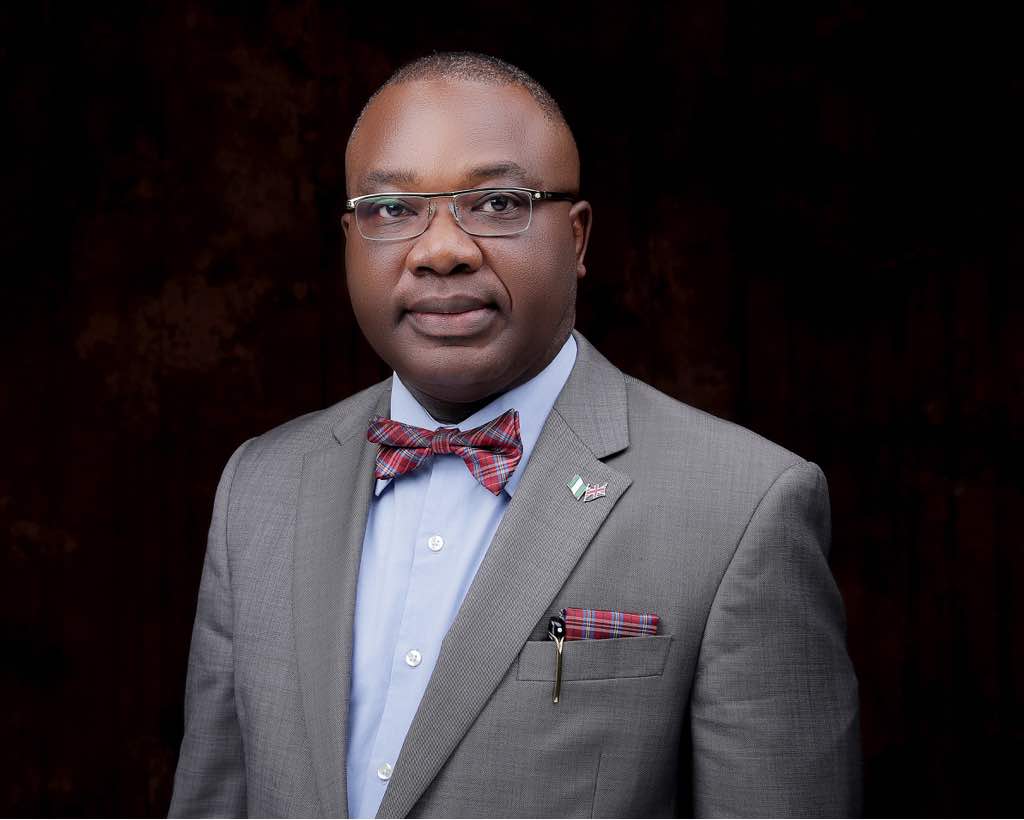The Executive Secretary, National Human Rights Commission (NHRC), Mr Tony Ojukwu, has said that irregular migrants also deserve to be treated with human dignity when they are caught.
Speaking yesterday in Keffi, Nasarawa State, during a capacity building programme for the media on human rights-based approach to migration and prevention of trafficking in persons and smuggling of migrants, he explained that they must treated with dignity because they were human beings and must enjoy their fundamental human rights.
He stated that no one deserved to be called ‘illegal migrant’ but ‘irregular migrants’ because everyone had the right to migration, hence, they were termed ‘irregular’ because they do not have proper documentation that corresponded with the migration rules and regulations of the said country.
He said even irregular migrants are entitled to enjoy all rights of the said country except the right to vote in the case where the country is specific.
- Ahmadu Bello Foundation donates N20m to Maiduguri flood victims
- Abdulsalami, Ibn Chambas, others to grace inaugural NAN lecture
Ojukwu stated that even if the irregular migrants committed an offence, the migrants must also go through all the necessary legal processes and must be found guilty before being sent to prison, hence, there was no condition where anyone should be tortured for any reason.
In the case of deportation, he said the irregular migrants should be taken through the normal deportation processes before being deported.
Ojukwu noted that the capacity training was to enhance understanding of Trafficking in Persons (TiP) and Smuggling of Migrants (SoM) and human rights-based approach to migration, and also equip media practitioners with the skills and knowledge to report ethically, accurately and sensitively on issues of trafficking in persons and smuggling of migrants.
“We recognise the vital role media plays in shaping policy discourses that affect how people act. Through accurate, sensitive, and solutions-oriented storytelling, you can help dismantle the architecture of human trafficking, challenge xenophobic narratives and advocate for the rights and dignity of migrants,” he said.

 Join Daily Trust WhatsApp Community For Quick Access To News and Happenings Around You.
Join Daily Trust WhatsApp Community For Quick Access To News and Happenings Around You.

